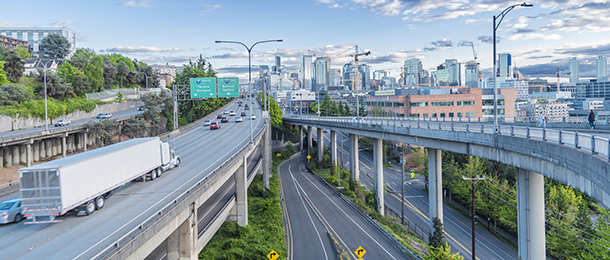Infrastructure will continue to provide positive earnings for investors despite large-scale changes in the economic environment as infrastructure operators are tied into the underlying systems that are in common use by governments and consumers, according to ClearBridge Investments.
ClearBridge Investments portfolio manager Nick Langley explained the sector had a good track record compared to equities over the past two decades, having been only impacted by the global effects of COVID-19.
“When you compare infrastructure companies to global shares generally, seven times in the last 24 years the latter had negative cash earnings growth, but for infrastructure that was only once, during the pandemic when everything was shut down,” Langley noted.
He attributed this to the two types of infrastructure ClearBridge focused on within its portfolios – contracted and regulated utilities, which provided high but defensive income, and user-pays assets, which provide more growth at a lower income.
“On the defensive side of it think about poles and wires and pipes for water, electricity and gas. The companies generally have a regulator that sits over them that tells them how much they’re allowed to earn,” he said.
“The user-pays companies are anything involved in moving people or goods, such as roads, rail, ports, airports, and these companies have the pricing side of the business set either by regulation or concession contract, but are exposed on the usage side.”
Langley pointed out both of these styles of infrastructure assets responded well when economic markets were under pressure as they were not linked to short-term bond or share returns.
“You earn returns over the life of the defensive assets, but it gets adjusted. Each year they get to increase their prices by inflation and when you look at their revenues, nowhere is there anything that says they will be based on how much water, for example, moves through the pipes,” he said.
“[For the user-pays assets] revenue is made up of the different concession assets. When you look at these companies, they make money from the price set in their agreement, which is linked to inflation, and the business activity, that is, how many cars and trucks move across the roads for instance.
“While there is no allowance for costs of operation, nowhere in that revenue is there a link to bond yields, so think about them as longer-duration assets because they don’t have the ability to reset their prices based on changes in bond yields.
“So what we see from that linkage to inflation and revenues and returns for infrastructure is you end up with a much more stable earnings profile over time and that becomes important when we think about the returns of infrastructure versus global shares.”


